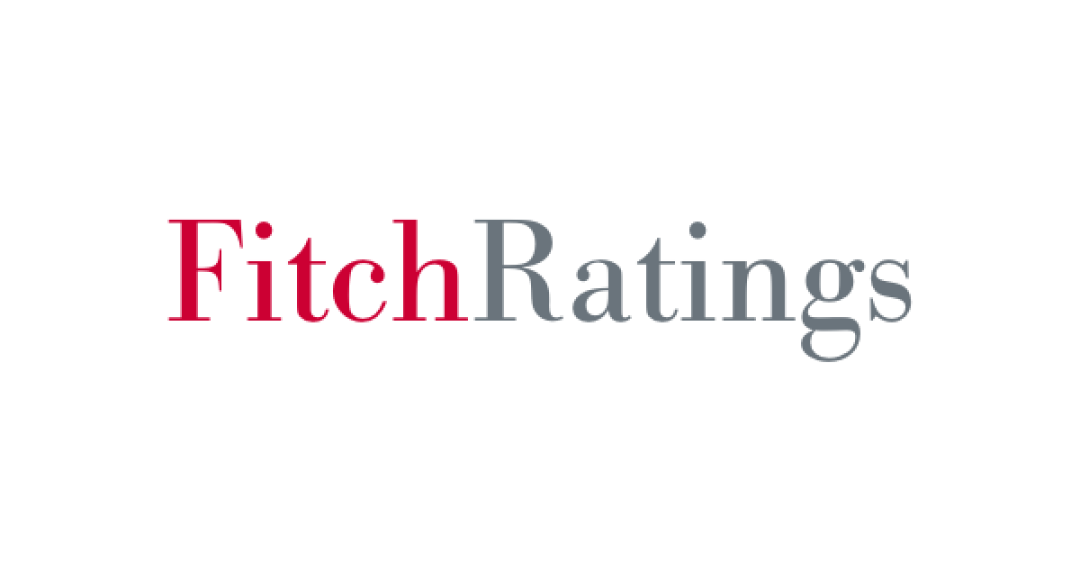
Fitch Confirms Armenia's 'BB-' Rating, Points to Economic Resilience

Fitch Ratings maintained Armenia’s Long-Term Foreign-Currency Issuer Default Rating (IDR) at 'BB-' with a Stable Outlook.
Armenia’s 'BB-‘rating reflects its per-capita income, governance, and business environment indicators, which are comparable to those of similar countries. It also considers a robust macroeconomic and fiscal policy framework supported by access to international creditors, notably with IMF backing. However, challenges include a high (though decreasing) share of foreign-currency-denominated public debt, relatively fragile external finances, and significant dollarization in the financial sector.
Armenia experienced another year of robust economic expansion, with an estimated real GDP growth of 7.4%, following a strong growth of 12.6% in 2022. This growth was supported by continued migration from Russia, which boosted consumption, and the net influx of around 110,000 refugees from Nagorno-Karabakh. Fitch believes that the sustained increase in the labor force and productivity enhancements, particularly in sectors like information and communication technology, will likely contribute to higher potential growth in the future.
It anticipates a growth rate of 6% in Armenia for 2024, supported by strong personal consumption, increased government spending, and investment. The growth is expected to moderate to 4.9% in 2025, surpassing the projected 'BB' median of 3.7%.
In 2024, Armenia plans substantial fiscal expenditure to integrate the significant refugee influx from Nagorno-Karabakh. Approximately 1.5% of GDP has been allocated for this purpose, including 1% from the reserve fund (compared to 0.7% in 2023). Despite revenue-raising measures, such as higher excise taxes on tobacco and alcohol, revised royalty rates for mining, and new taxes on the gaming sector, along with robust nominal GDP growth, the fiscal deficit is expected to temporarily widen to 4.5% in 2024 (current 'BB' median: 2.8%), before decreasing to 2.9% in 2025.
As of the end of 2023, general government debt (GGD) is estimated at 48.2% of GDP, below the 'BB' median of 52%. The authorities repurchased $186.8 million of a $313.2 million Eurobond maturing in 2025, leveraging favorable budget performance and cash reserves. The assumption of part of the debt of the liquidated political entity of the Republic of Nagorno-Karabakh increased GGD by 2.2% of GDP in 2023. Fitch projects debt to stabilize at an average of 49.4% of GDP in 2024-25.
The foreign exchange (FX) proportion of GGD decreased to 55% by end-2023 (current 'BB' median: 53%), reflecting the strength of the dram compared to historical levels and a greater shift towards local issuances, aligned with the official strategy.
See Also


Armenia Records 5.9% GDP Growth in 2024, Missing 7% Goal

Yerevan Balances Strategic Ties with Both US and Russia, Says Foreign Minister

FM Mirzoyan: Peace Deal with Azerbaijan Is Within Reach

Pashinyan and Erdogan Hold Call, Reaffirm Commitment to Ongoing Dialogue

